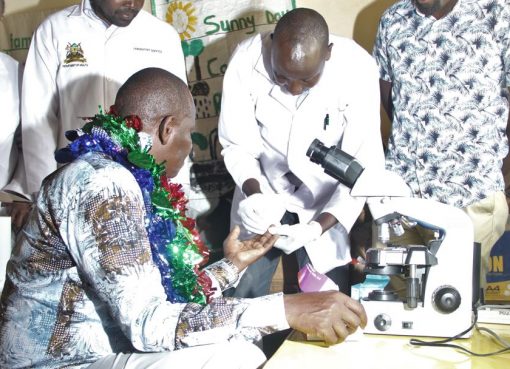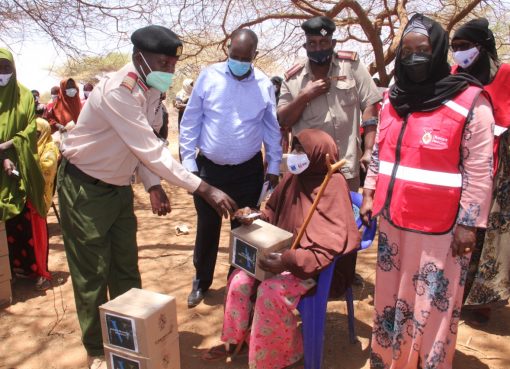In a bid to improve the safety of motorists and road users, the Kenya Red Cross Society has launched a comprehensive training initiative aimed at equipping matatu crew and boda boda operators with vital skills.
The programme, encompassing first aid techniques, road safety regulations, disaster preparedness, and response strategies, seeks to empower all operators with the fundamental knowledge required to navigate potential hazards on the road.
Boda bodas, the ubiquitous motorcycle taxis that serve passengers in areas underserved by public transportation, have long been associated with safety concerns due to their mode of operation, including unlicensed operators. They are known to frequently disregard essential safety measures, often compromising the well-being of both themselves and their passengers.
The prevalence of accidents is exacerbated by their inclination to take passengers before they gain sufficient riding experience, their disregard for safety gear such as helmets, gloves, and boots, and occasionally overloading, further endangering lives.
Acknowledging the pressing need to address these safety challenges, the Kenya Red Cross Society’s training programme aims to mitigate risks through education and awareness.
However, the response from matatu and boda boda operators has been low, largely attributed to the mandatory facilitation fee of Sh. 2,500 per person for the course. This financial hurdle has impeded the uptake of the training, a concern that stakeholders are looking to address in order to ensure widespread participation.
Kapcherop, a prominent town within the Marakwet West sub-county, has emerged as a notable participant, with 87 individuals expressing a willingness to undergo the training. Similarly, Kapsowar, another key area in the region, has seen 35 operators enrol in the programme.
Mr. Emman Kipkorir, the Red Cross officer stationed in Kapsowar, emphasised the pivotal role this training plays in developing essential skills within operators.
Kipkorir emphasised that the acquired expertise enables participants to effectively evaluate and categorise various injuries and, subsequently, administer appropriate first-aid treatments.
“This aspect is especially crucial in remote areas where access to medical facilities is limited, highlighting the potential lifesaving impact of such training initiatives,” he added.
He noted that individuals interested in acquiring these vital skills are encouraged to contact the Red Cross office or liaise with designated contact persons to organise and schedule training sessions.
By fostering a collaborative approach between the Kenya Red Cross Society and local operators, this initiative aspires to foster a culture of safety consciousness and preparedness within the transportation sector.
As the programme continues to gain traction, hopes are high that more operators will recognise the long-term benefits of investing in their own safety and the well-being of their passengers.
By Rennish Okong’o





